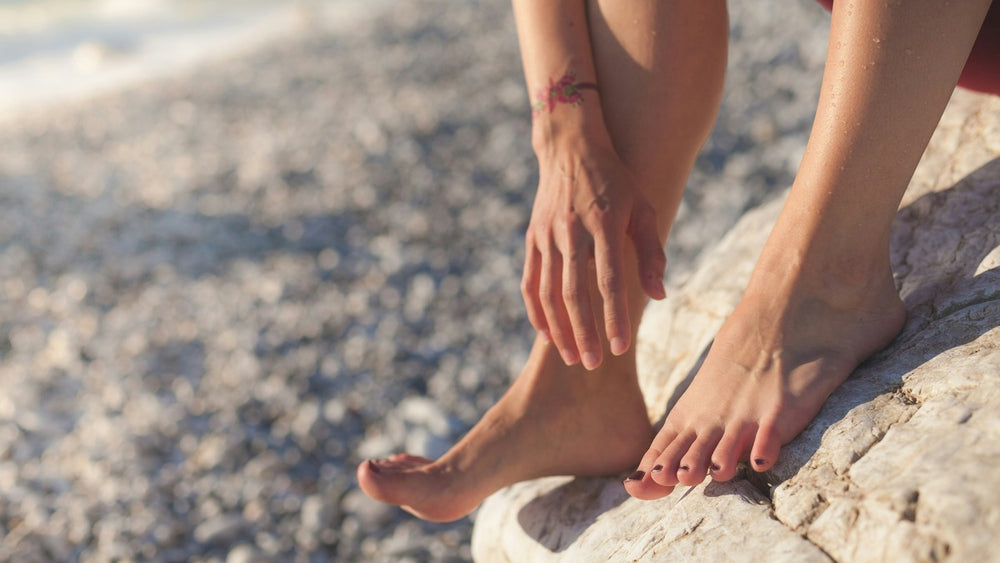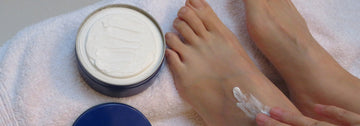What Causes Swollen Feet in the Elderly


Posted by:
Johannes Sauer
Reviewed by:
Updated at: September 05, 2024
CHECK OUT THE LATEST IN ADAPTIVE FOOTWEAR...
FAQ
CAN LIFESTYLE FACTORS CONTRIBUTE TO SWOLLEN ANKLES IN SENIORS?
DO COMPRESSION STOCKINGS HELP WITH SWOLLEN ANKLES IN THE ELDERLY?
WHAT KIND OF SHOES ARE BEST FOR SENIORS WITH SWOLLEN ANKLES?
CAN SWOLLEN ANKLES IN THE ELDERLY BE PREVENTED?



![[color: black] Original Men's Adaptive Shoe](http://cadense.com/cdn/shop/files/Mens-BLK-T1-LG.jpg?crop=center&height=300&v=1765338442&width=300)
![[color: white] Original Women's Adaptive Shoe](http://cadense.com/cdn/shop/files/Womens-WHT-T1-LG.jpg?crop=center&height=300&v=1765381322&width=300)





